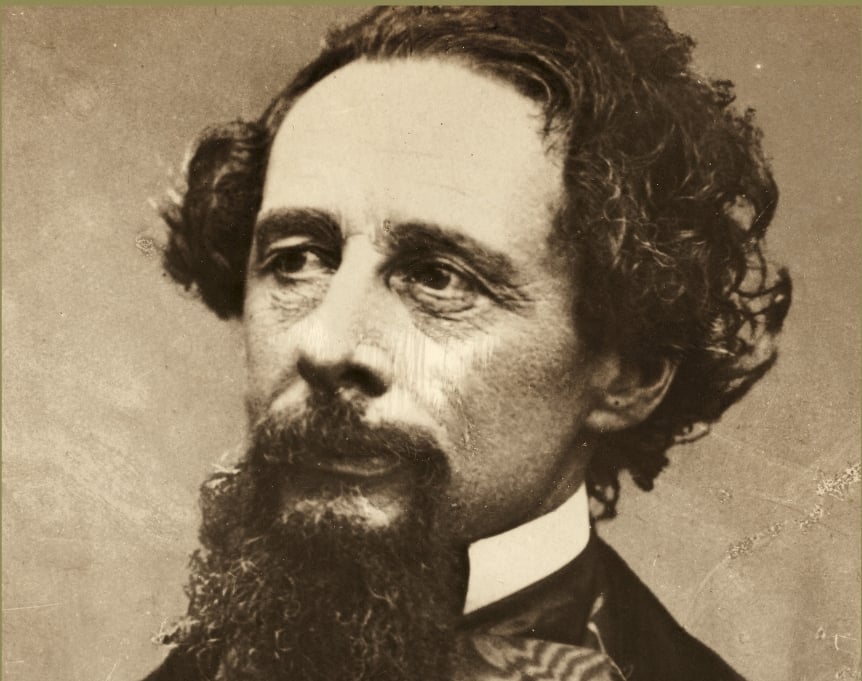- Work on your AP Study Cards and memorization
- Minimum of 10 words each from three quotes memorized from each card (Lewis and Austen for block day)
- 1. Which is correct?
- We will study grammar for a while. OR
- We will study grammar for awhile.
- 2. Which is correct?
- Jesus' teaching is surprising. OR
- Jesus's teaching is surprising.
- 1. Usage: a while vs awhile
- a while (article + noun; means "a short time")
- I've been eating caterpillars for a while.
- A while after reading Dickens, I was still haunted by his rhetoric.
- awhile (adverb; means "for a short time" or "for a while")
- I've been eating caterpillars awhile (for a while).
- While (noun; to pass)
- Don't simply while away your years.
- While (conjunction; means that they occur at the same time)
- I don't text while driving.
- 2. And Abusage: Possessive case when you noun is singular and already ends in -s:
- Oh, the confusion
- Strunk and White
- Chicago
- OWL
- Dictionary.com
- MLA
- The end of the matter?
* Dickens
HW: TTC--7 (checked on block day)



